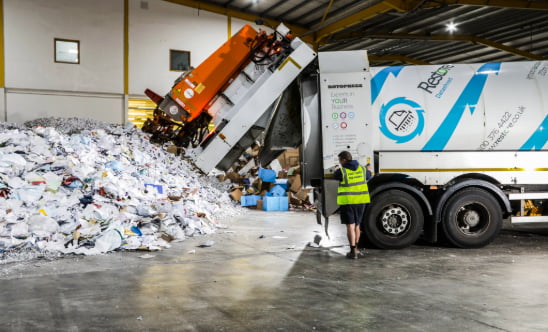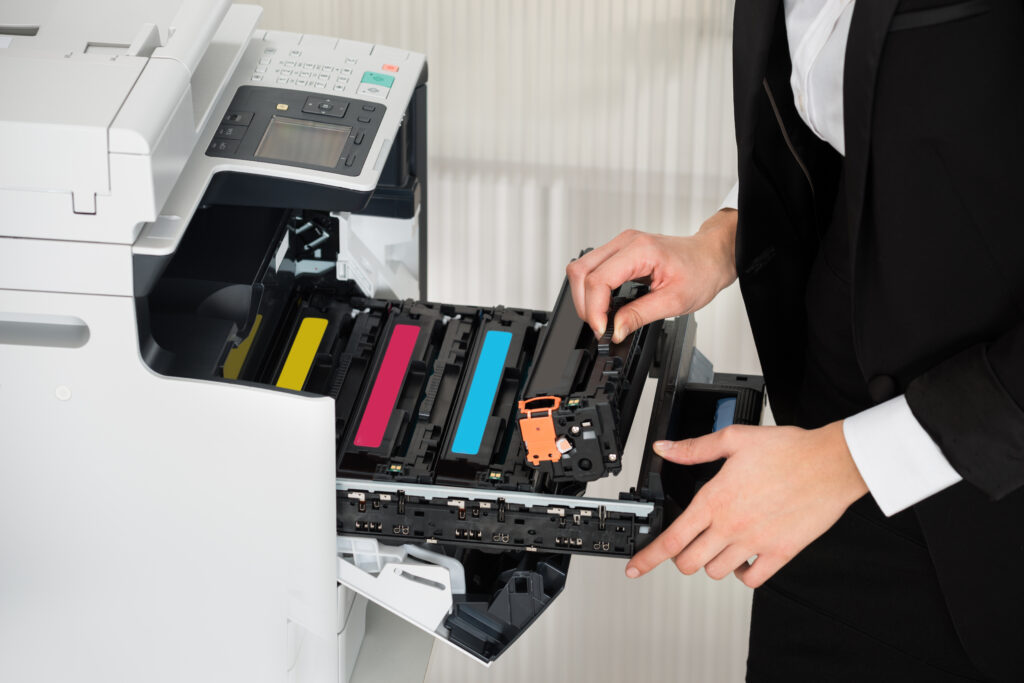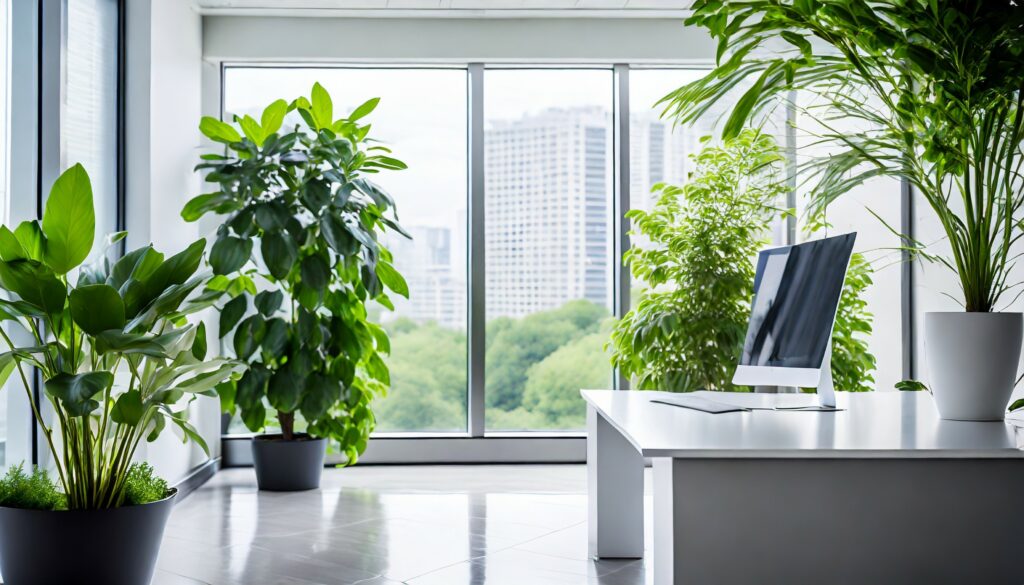Don’t fall for these misconceptions about recycling. Instead, here’s how to increase your contribution and participation in this hugely beneficial circular economy.
As much as 80% of what we throw away could be recycled.
More than 15% of the money we spend on products pays for packaging, most of which ends up in the bin.
It is estimated that, across the UK, we throw away over 600m batteries each year.
Even cars can be recycled for parts, yes, and their constituent materials.
Only 44.1% of UK household waste was recycled and office and commercial waste sits even lower, only 50% government-set of the target was achieved by 2020.
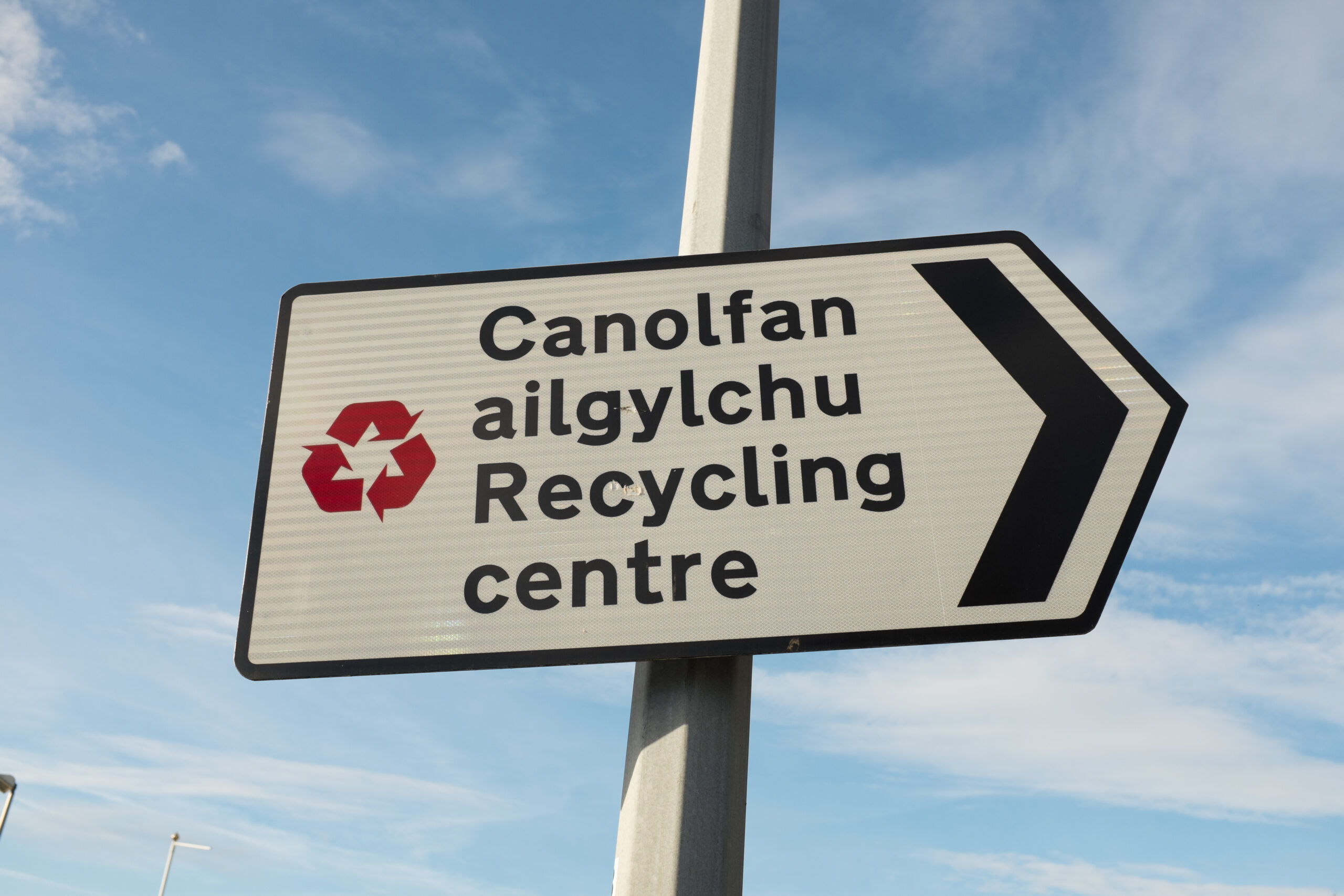
If you live and work in Wales, however, collectively, as waste managers, you may give yourselves a pat on the back!
Wales currently sits third on the global list of top recycling nations, second in Europe and top of the class in the UK. Congratulations! (Even so, the figures behind this success reveal that waste recycling still sits below 60%.)
Naturally, this is but the tip of the iceberg concerning how we use and abuse resources including paper, water, energy, metals, glass, food, plastics, and so on. But this hyper-consumption can be mitigated. We want to reduce, re-use and recycle, to protect people and planet, don’t we? What is stopping us all from playing our part and making sure we recycle more?
As with almost every facet of modern life, let’s just say that there’s a lot of misinformation out there. We’ve gathered seven of the most common myths surrounding recycling and provided the myth buster for each one.
7 Myths About Recycling

Recyclable materials are sorted, baled and sent to reprocessing plants to be turned into new raw materials. Even if a proportion of recyclable materials does get processed in other countries, it is preferable to landfill or using virgin resources to make new products.

Myth buster: contamination is one of the recycling industry’s biggest bugbears! You need to place like with like; so, relatively clean, dry plastics with plastics, paper with paper (no greasy pizza boxes, but clean-ish ones are good), metal with metal, glass with glass, and so on. Rinse out plastic bottles and tin cans, scrape food residues from inside sandwich boxes and bags, and these items can still be placed in their correct recycling stream. As we mentioned, contamination is a big issue for recycling as it can ruin entire batches that then end up in landfill. What a waste!

Myth buster: consider the fuel and energy requirements to cut down trees, transport them and pulp them so they are suitable for paper manufacture. It’s a highly energy-intensive process. Consider that recycling aluminium cans uses around 95% less energy, and other resources such as water used in the mining of virgin aluminium, than to produce new. And so on, and on.

Myth buster: when you’re not sure whether an item can be recycled but you think it can, so you’ll pop it into the recycling waste stream, just in case. But it’s got scraps of your lunch on it, or liquid in it, or is obviously paper and you’ve put it in with tin cans, or it’s plastic film which is generally not that recyclable… That’s wishcycling. Closing your eyes to the information out there (from your local council or office manager, for instance) and doing it anyway! Wishcycling is a large contributor to contaminated batches, which go to landfill.

Myth buster: it does not! The small green circle with interlocking arrows means that the manufacturer has contributed to recycling schemes in Europe, but it does not signify the piece is recyclable. Check for other symbols printed on the packaging to see how to treat this when it is waste.

Myth buster: if you’re not placing (clean) plastic bottles in their correct recycling stream because they carry paper labels, stop! Many recycling facilities are set up to deal with just this sort of issue and are only increasing in their level of sophistication in dealing with multi-material items. If you’re unsure, don’t “wishcycle”, check with your office manager or local council for details of which multi-material waste is good to go for recycling.

Myth buster: paper can be recycled up to seven times before its fibres get too weak to be made into new paper products. Even then, the pulped paper is used as insulation material, for example. Textiles and plastics can be shredded and re-used to produce new textiles; cardboard recycling helps keep the online delivery sector afloat. Many materials can be used again and again. Educate yourself, and step into being a cog in the circular economy.
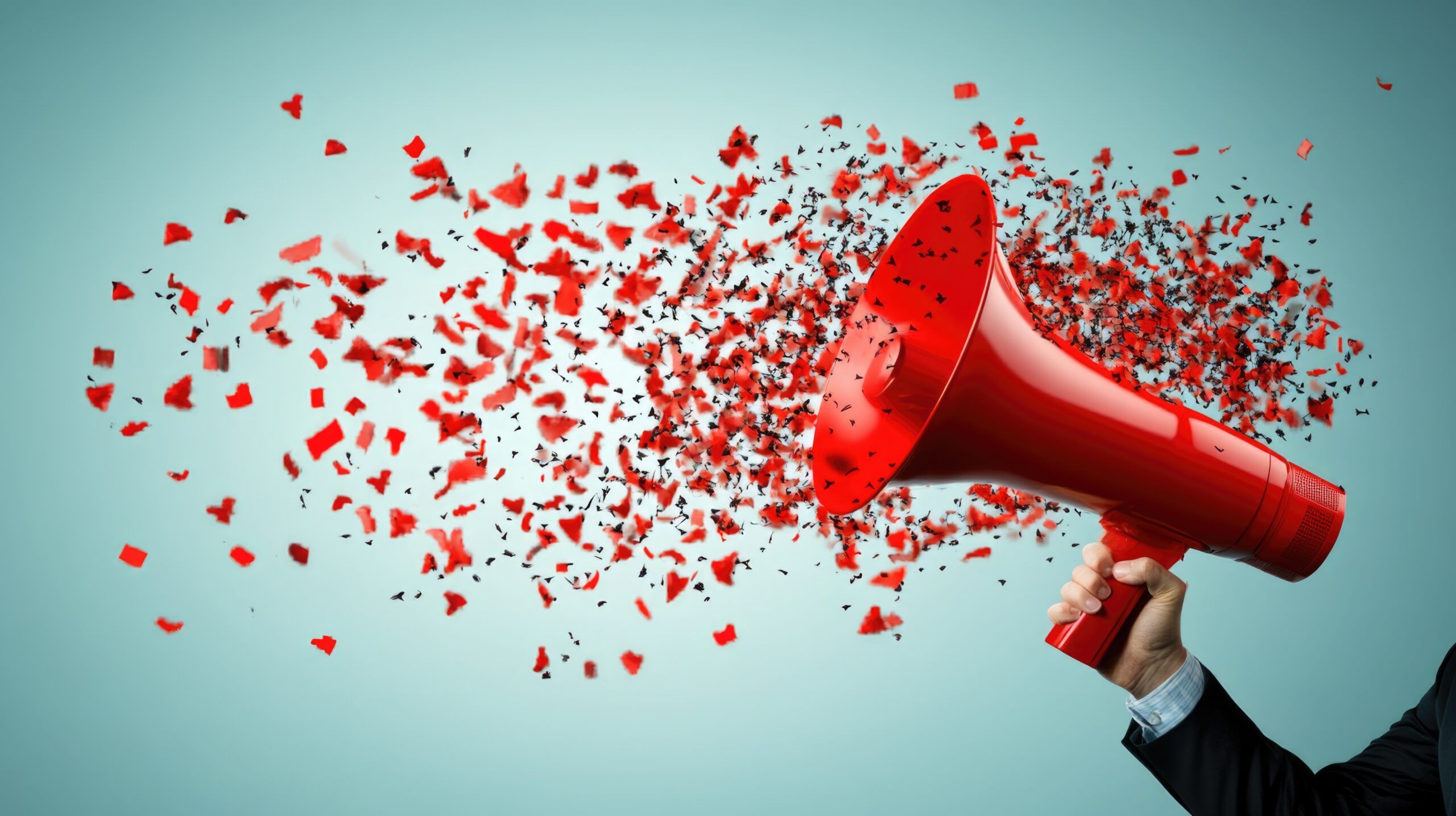
Why it’s important to bust those myths
Quite simply the government introduced new legislation for workplaces called Simpler Recycling, and it’s been in place since 31 March this year. It is now a legal requirement to recycle more, with penalties if you fail to do so, either through being found out and reported by a whistleblower, or through an Environment Agency or council-led inspection. Unless you are a micro-business of fewer than 10 employees, virtually all types of enterprise must separate out and make provisions for recycling at all their workplaces of a wider number of materials, including food waste (which accounts for up to 30% of what’s thrown away).
Find out the detail now requiredHow Restore Recycle helps you play your part.
You may have already appreciated our security measures, our unbroken chain of custody and our reliable, helpful collection operatives. Why not use us across all your recycling needs, too? Here at Restore, we have set up Restore Recycle specifically to create a recycling process that is straightforward and stress-free. As the dedicated division dealing solely with recycling, we understand the complexities of implementing systems that work, for you, and that work within the letter of the legislation now in force.
We offer a comprehensive range of services to help you meet your sustainability objectives and statutory requirements.
From standard paper and mixed recyclables to specialised services like food waste and IT asset recycling, we have you covered.

One provider for all your recycling needs

Expertise in paper, dry mixed recyclables, food waste, and more

Ensuring compliance with current regulations

Streamlining your waste management processes.

Recyclables – they’re not a load of old rubbish, they’re a valuable resource and with Restore Recycle on board you will be giving your wastepaper, cardboard, plastics, metals, and even food, the chance to be re-used and valued for the role they play in helping conserve planet and people. Contact our knowledgeable, enthusiastic customer service team for more information below and let’s get industry recycling (more)!
Contact Us Customer Login
Customer Login
